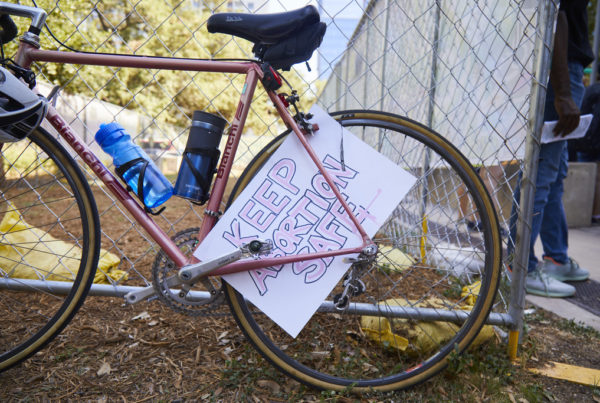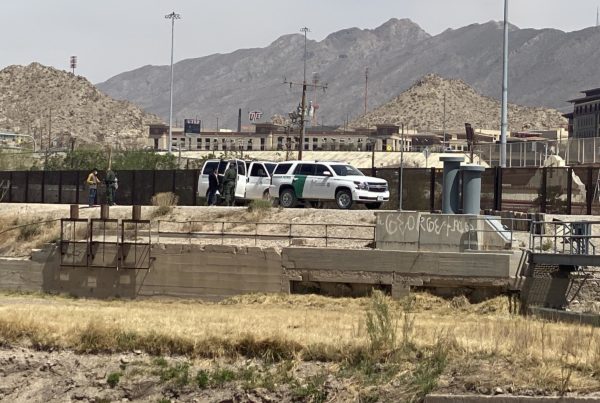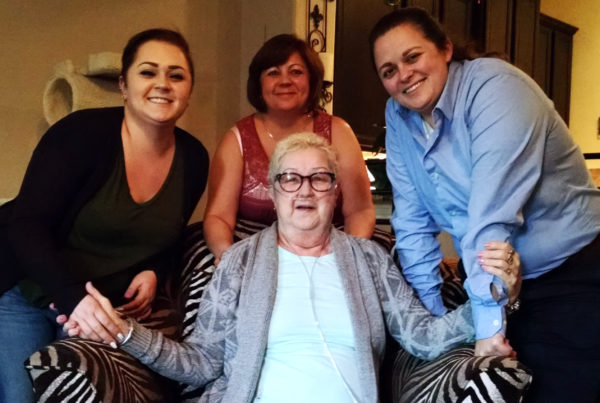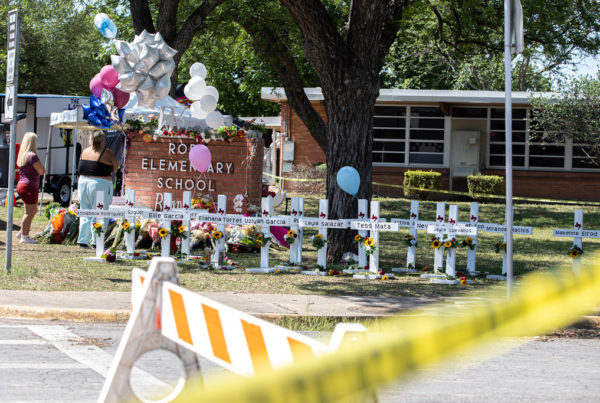From The Texas Newsroom:
The United States Supreme Court ruled against the Texas Department of Public Safety on Wednesday in a case brought by a veteran and former state trooper who was denied a job after returning from military service.
The plaintiff in the case, Le Roy Torres, sued after he alleged the DPS did not provide Torres a job after he returned from service injured. Torres, a South Texas native, was a captain in the Army Reserve who served in Iraq, the Corpus Christi Caller-Times reported.
Torres served in the U.S. Army for 23 years, including seven years of active duty and 16 as a reservist. He was deployed to Iraq from 2007 to 2008.
In a 5-4 decision, the court ruled that states could not invoke sovereign immunity that shielded them from lawsuits under the Uniformed Services Employment and Reemployment Rights Act of 1994.
The opinion, authored by Justice Stephen Breyer, held that states ceded sovereign immunity from certain lawsuits, including those under Uniformed Services Employment and Reemployment Rights Act, when they ratified the Constitution, according to an analysis by SCOTUSBlog.
“Text, history, and precedent show that the States, in coming together to form a Union, agreed to sacrifice their sovereign immunity for the good of the common defense,” Breyer wrote.
The court essentially told states that they are bound by USERRA and will abide by it, Sig Christenson, military reporter for the San Antonio Express-News, told Texas Standard.
“And if they don’t, they can be sued. And that’s not something they wanted,” he said. “But, you know, it makes sense that the federal government – in raising an army and defending the United States by providing for a common defense – that laws designed to protect our soldiers would be applicable to every state.”
Sig Christenson, military reporter for the San Antonio Express-News, told Texas Standard.
The decision sends the case back to the lower courts.
During oral arguments in March, Justice Breyer noted that had Torres worked for a local or federal law enforcement agency, he would have been able to sue, SCOTUSBlog reported.
“Captain Torres went to war, and when he came home, he brought a piece of the war with him. And if he had been a member of the local sheriff’s department or a U.S. marshal or worked for any other employer, he would have been able to sue to vindicate his rights. But because he worked for Texas, he had no cause of action,” Breyer said. “It’s not right. We’re asking this court to make it right.”
U.S. Rep Joaquin Castro, D-San Antonio, celebrated the decision as a victory for Torres and other veterans who seek employment after returning home from war zones.
“The ruling makes clear that federal law protects the rights of veterans who need accommodations to return to civilian jobs,” Castro tweeted. “In San Antonio, I represent thousands of veterans who fought bravely to defend our country. When they come home, we have an obligation to stand up for them like they stood up for us.”
In addition to reaffirming the employment rights of military veterans, the decision could also draw more attention to the plights of soldiers subject to the ill effects of burn pits. Exposure to burn pits is what led to Torres’ disability, the Caller-Times reported.
He returned from the battlefield with chronic headaches and breathing disorders that later were diagnosed as constrictive bronchiolitis and toxic encephalopathy. That led him to ask the Texas DPS for a desk job since he was unable to perform field duties as a trooper.
Burn pits are open-air areas of burnt refuse that include “chemicals, paint, medical and human waste, metal/aluminum cans, munitions and other unexploded ordnance, petroleum and lubricant products, plastics and Styrofoam, rubber, wood, and discarded food,” according to a fact sheet published by the U.S. Department of Veterans Affairs.
The burn pits caused severe lung damage for Torres, Christenson said.
“He’s not alone,” Christenson said. “There are thousands of others like him who have been exposed to those burn pits in Iraq and Afghanistan.“
Torres is the founder of Burn Pits 360, a nonprofit advocacy group that in 2010 created an independent registry to track veterans’ illnesses and deaths.
“These invisible wounds of war include poorly understood injuries to the respiratory, gastrointestinal and cardiovascular systems, chronic pain, and certain rare cancers, as well as Post Traumatic Stress (PTS) and Toxic Brain Injury,” the site states.
















